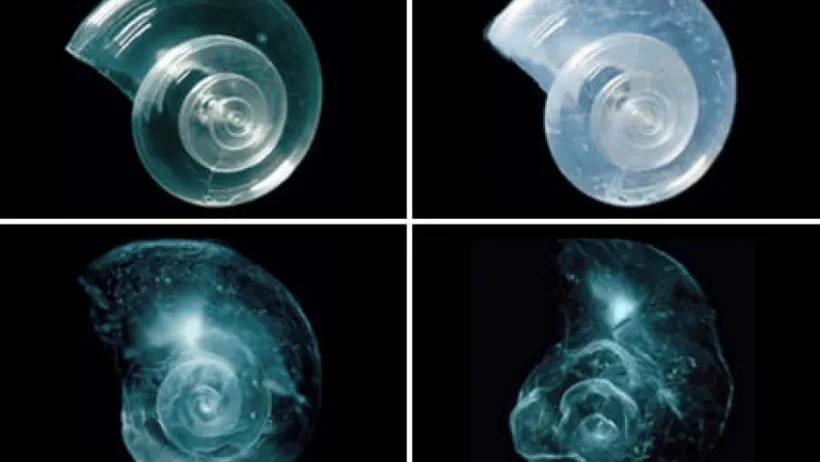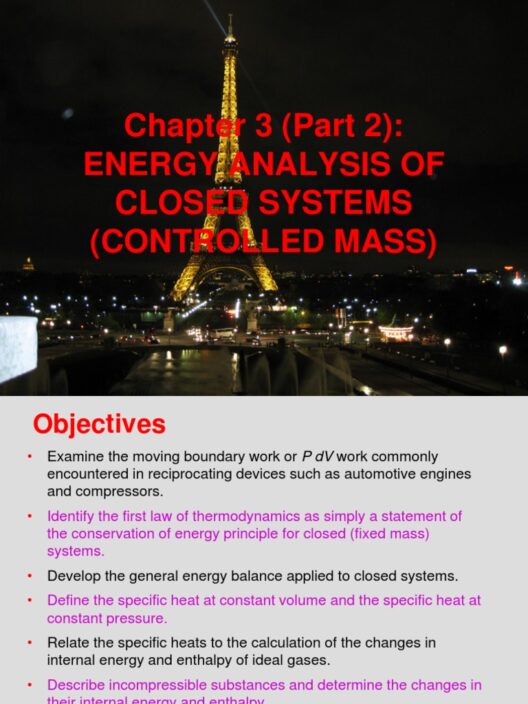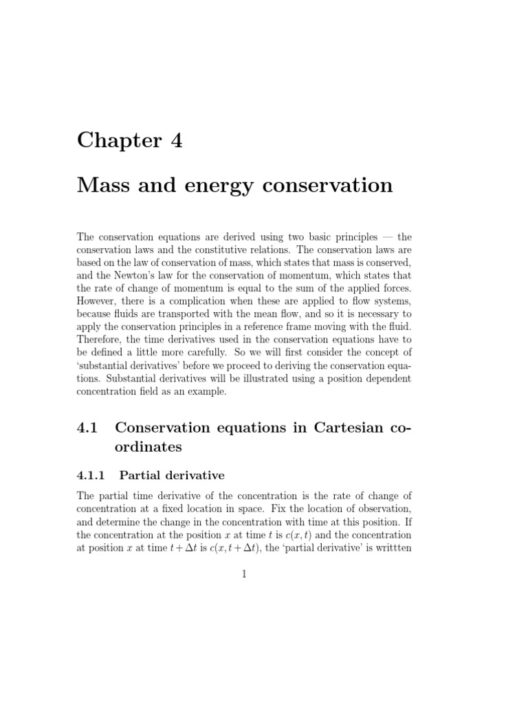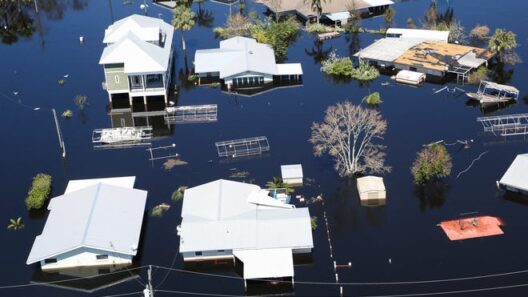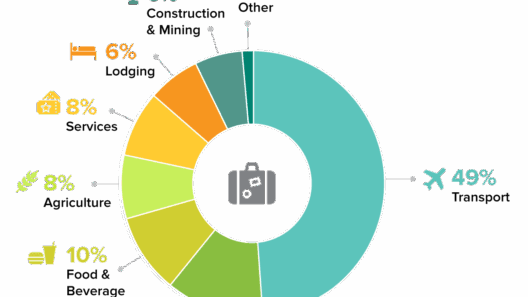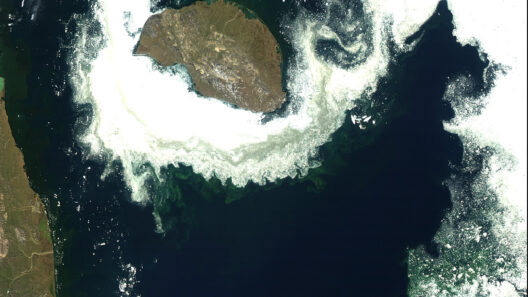The dissolution of marine shells is an alarming phenomenon that directly correlates with the ongoing impacts of global warming. As atmospheric temperatures rise due to greenhouse gas emissions, the ocean’s chemistry is undergoing significant changes that jeopardize marine life and ecosystems. Understanding how these factors interplay is crucial for grasping the broader implications of climate change on our planet.
To comprehend this issue, we must first explore the chemistry of the ocean and how it is affected by increased levels of carbon dioxide (CO2) in the atmosphere. When CO2 is absorbed by seawater, it undergoes a series of chemical reactions that lead to ocean acidification—an increase in the concentration of hydrogen ions (H+) in the water. This acidification diminishes the availability of carbonate ions (CO32-), which are essential for marine organisms to build their calcium carbonate shells and skeletons.
Organisms such as mollusks, corals, and certain plankton species rely on the presence of these carbonate ions. As these essential components dwindle, the ability of these organisms to produce and maintain their shells diminishes, resulting in thinner, weaker structures. The implications are dire—not only for these marine species but for the entire oceanic ecosystem. A decline in shellfish populations can disrupt food webs, impacting fish species that rely on them as a food source and further influencing those that depend on fish for sustenance.
Marine shells, once symbols of resilience and stability in ocean ecosystems, now embody the precarious balance that is being disturbed by human-induced climate change. When examining the delicate architecture of these shells, one can appreciate that they are not merely physical structures but rather vital components of marine health. The intricacy of their formation is a testament to millions of years of evolutionary processes that are now under threat.
The economic repercussions of this ecological decline extend beyond environmental concerns. Shellfish industries, particularly in regions reliant on fishing for livelihood, stand to face significant challenges. The collapse of these industries can yield socio-economic instability, affecting coastal communities and further exacerbating issues related to food security. This fragile interconnection emphasizes that the stakes are not just ecological but profoundly human.
Moreover, the broader implications of ocean acidification are reflected in the global climate system. Coral reefs, which are integral in maintaining biodiversity, act as natural barriers against storms and coastal erosion. These structures rely on the same calcium carbonate processes that are now endangered. The degradation of coral reefs, famously known for their vibrant ecosystems, will not only reduce biodiversity but also increase vulnerability to extreme weather events, thereby influencing coastal protections.
Our understanding of marine shells and their dissolving nature invites a re-evaluation of how we perceive climate change. Traditional discourse often presents climate change as a distant threat. However, the visible impacts on marine life serve as a tangible reminder that change is already transpiring beneath the waves. This acknowledgment can serve as a catalyst for action, igniting curiosity and fostering an urgent sense of responsibility towards combating climate change.
In light of these challenges, scientific research continues to unveil pathways for possible adaptation and mitigation strategies. Developing aquaculture practices that enhance shellfish resilience is a burgeoning field. Selective breeding for climate-resistant traits may provide some species with a fighting chance against the current and future impacts of ocean acidification.
Furthermore, innovative policy measures aimed at reducing global carbon emissions are critical. By transitioning to renewable energy sources and implementing stricter regulations on CO2 emissions, we can help stave off further acidification and support the restoration of marine ecosystems. It is imperative that these initiatives are coupled with public education and advocacy, garnering both awareness and action from communities worldwide.
Considering the intricate relationship between human activity and marine life, we are faced with a unique opportunity to alter our trajectory. Our future choice points include valuing marine ecosystems not just for their economic benefits but for their intrinsic worth as vital components of our planetary health. This perspective shift is essential in fostering a multi-faceted understanding of our environment, one that harmonizes ecological integrity with sustainable human development.
As we delve deeper into the implications of marine shells dissolving, a crucial realization emerges: the health of our oceans can no longer afford to be an afterthought. The dissolution of marine shells serves as a powerful metaphor for the fragility of earth’s systems in the face of climate change. By bridging the gap between science and societal action, we can inspire curiosity, stimulate dialogue, and ultimately engage in meaningful changes that may ensure the survival of these remarkable ecosystems for generations to come.
In conclusion, the challenging reality before us—where marine shells dissolve due to ocean acidification—is a poignant reminder of the interconnectedness of all life forms. The urgency with which we must act to mitigate these impacts cannot be overstated. Each effort counts; a collective response is necessary to foster resilience, restore balance, and inspire hope for our oceans and the future that lies ahead.



